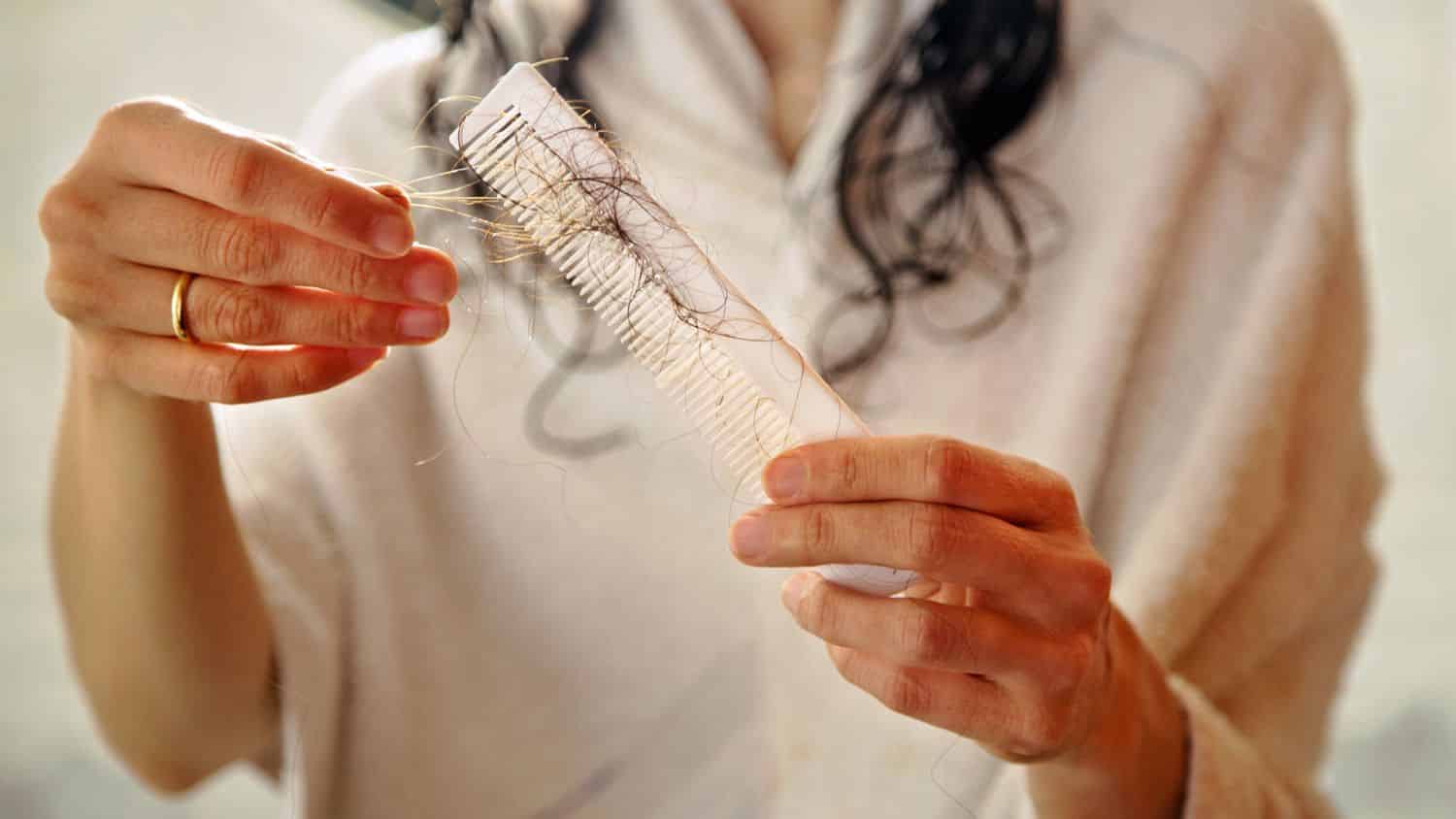Introduction
Do you have thinning hair? Is your hair falling out in clumps? If you answered yes to either of these, you might be suffering from hair loss. This article will discuss the link between diet and hair loss and offer some tips on how to prevent it. We’ll also provide some recipes for hair loss treatments that you can try at home. So if you’re looking to restore your hair’s health,
What Causes Hair Loss?
Hair loss can be caused by several different factors, including hereditary hair loss, environmental damage, stress, and chemotherapy. While there is no one-size-fits-all answer to this question as each person’s situation is unique, there are some general tips that may help you in resolving the problem.
First and foremost, it is important to understand that hair loss is not simply a cosmetic issue. It can have significant emotional consequences for those who suffer from it and impact their self-esteem significantly. Be sympathetic towards your hair Loss sufferers and do everything you can to make them feel comfortable discussing the issue with you. Most importantly try to provide reassurance that they will eventually find Solutions!
Secondarily, it’s essential to keep your locks healthy by using quality products that contain natural ingredients such as vitamins E & F or panthenol (a B vitamin). You should also avoid harsh chemicals like salt soap traps moisture which leads to excessive dryness resulting in scalp inflammation – think dandruff! Finally, remember that prevention is always better than cure so make sure you’re taking all necessary precautions before things start going downhill.
Types of Hair Loss
There are many types of hair loss, and each has its unique causes. The most common types of hair loss include male pattern baldness (MPB), female pattern baldness (FPB), and traction alopecia.
Male Pattern Baldness
Masculinized scalp cells produce more testosterone than feminine scalp cells, which can lead to thinning hair on the top of the head in men as they age. MPB is largely a genetic disorder, but there are treatments available that may help to improve outcomes over time. These treatments typically involve minoxidil or finasteride, which block dihydrotestosterone from damaging hair follicles. Finasteride is usually taken for 5-7 years before it’s reversed by the body.
Female Pattern Baldness
FPB occurs when estrogen levels drop during perimenopause or postmenopausal years and induces apoptotic cell death in some follicle units at the base of hairs shafts on either side of a head near vertex—resulting in gradual thinning around the central part see-saw shape gradually progressing frontally towards the forehead with no stops; treated with rogaine foam 2% 3 times daily OR minoxidil 1%.
Does Diet Affect Hair Loss?
Hair loss can be a troubling issue, and for good reason. Hair is one of the most delicate tissues in the body, and if it’s damaged or lost, it can’t regenerate on its own. Many factors may contribute to hair loss, such as nutrition, stress management, hormone levels, and genetics. However, diet plays an important role in hair health and growth.
Many people believe that diets high in processed foods (particularly dairy products) cause hair loss because these foods contain substances known as hormones which trigger scalp inflammation. Additionally,- Sugars present in many popular desserts like cake batter and ice cream directly impact blood sugar levels which then affects the production of sebum (oily secretion from skin cells). This accumulation of oil along with other environmental toxins leads to male pattern baldness or thinning hair on top.
To minimize your risk of hair loss, make sure to follow a healthy balanced diet full of fruits vegetables whole grains nuts seeds legumes cruciferous vegetables omega-3 fatty acids probiotics rich sources of vitamins B6 C Pyridoxine magnesium, etc…!
Foods that Help with Hair Loss
Hair loss is a common problem that can manifest itself in many different ways. While there isn’t necessarily a single food that helps to prevent hair loss, certain foods may help improve the condition or hasten its onset.
Foods that Cause Hair Loss
There is no one clear answer to this question since different foods can cause hair loss in different people. However, some of the most common culprits include processed foods, dairy products, grains, and sugar-loaded meals.
Processed foods are often high in salt, unhealthy fats, and refined carbohydrates that spike blood sugar levels and lead to an insulin response that disrupts hair growth. Dairy products are a major contributor to scalp inflammation and hair loss due to their estrogenic properties. Grains contain compounds such as gluten which can damage hair follicles if consumed regularly. Sugar-laden beverages like sodas and sugary snacks will also contribute to hair loss in individuals who chronically overconsume them. It’s important to monitor.
















